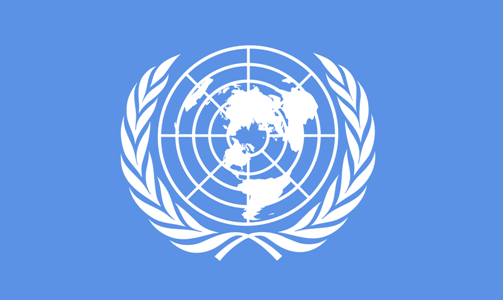
The UN Under-Secretary-General for Humanitarian Affairs, Stephen O’Brien, told the Security Council on Tuesday that a humanitarian pause in Yemen announced over the weekend has not been respected, saying that Saudi-led airstrikes had been confirmed.
The Saudi-led coalition had declared a temporary five day "humanitarian" ceasefire in Yemen beginning Monday, but on Tuesday it began to launch air strikes against the country.
O’Brien told the 15-member UN Security Council on Tuesday that, "A humanitarian pause announced , over the weekend has not been respected", saying that since the nominal beginning of the pause announced by Saudi Arabia, Saudi-led coalition airstrikes had been confirmed in Yemen.
With 80 per cent of the population of about 26 million people in need of some kind of humanitarian assistance and more than 1,895 civilians killed by the war since March, the impact of the conflict on civilians is indeed catastrophic, O’Brien acknowledged.
"Airstrikes hit a residential complex in Mokha on 24 July, killing at least 73 civilians. Bodies continue to be pulled out of the rubble, and the final death toll is not known".
"We continue to witness the death and injury of civilians and the destruction of civilian infrastructure. As of 24 July, health facilities report over 4,000 conflict-related deaths and over 19,800 injuries since 26 March. The Office of the UN High Commissioner for Human Rights [OHCHR] reports that 1,895 civilians have been killed, and 4,182 injured."
O’Brien further said: "When I last reported on the situation...on 2nd June, I described Yemen as a looming humanitarian catastrophe. By every test, that catastrophe has now loomed, and loomed large. This is an intense disappointment given the extent of our efforts here at the UN and with partners to find ways of alleviating the suffering and the descent into catastrophe".
Since March, the number of people in need of humanitarian assistance in Yemen has increased by 33 per cent from an already staggering 16 million people to more than 21 million in July. The number of those facing food insecurity has now increased from 10.6 to 13 million, an increase of 21 per cent.
O’Brien added: "Some aid agencies are now using the term ’starvation’ to describe the situation of those most food insecure. Conditions caused by the fighting have contributed to the spread of preventable diseases such as acute diarrhoea, dengue fever and polio. More than 15.2 million people lack access to basic healthcare, and more than 20 million lack access to safe water".
Commercial imports - which accounted for 90 per cent of Yemen’s food and fuel before the conflict - have decreased dramatically.
O’Brien reminded Council members that the humanitarian response is "woefully under-resourced". The appeal for Yemen stands at $1.6 billion, of which only 15 per cent - $241 million - has so far been received, he explained.
"Additional resources are urgently needed - now," he concluded.